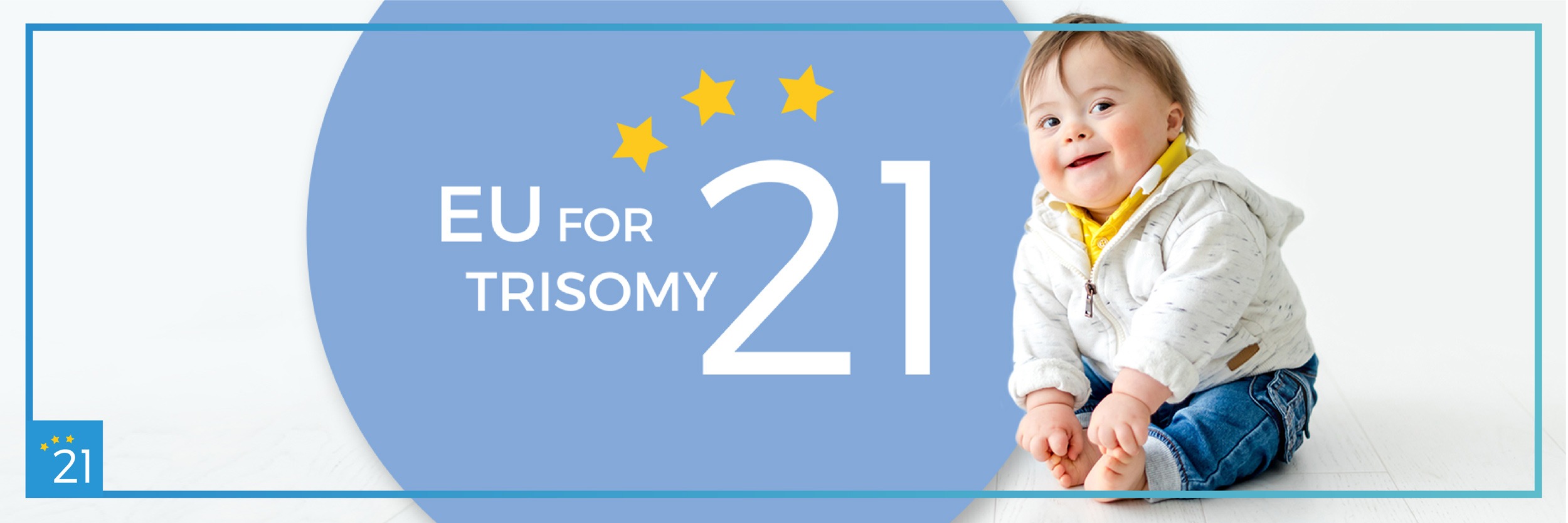
What is EU for Trisomy 21 ?
A platform for the collaboration of associations, citizens and politicians working together for the celebration of World Down's syndrome Day, to make visible the intellectual disability in general and persons with Trisomy 21 in particular (most common intellectual disability of genetic origin, also called Down Syndrome).
EU for Trisomy 21 is a network of different organisations and initiatives from parents from all over Europe working to improve the lives of people with Down Syndrome on a local level. We hope to connect these organisations to inspire collaboration and exchange of best practices, uniting them under the EU for Trisomy 21 umbrella so we can collectively speak up for Trisomy 21 at the EU Institutions.
The European Union has the legal competency to produce legislation tackling the problems regarding people with disabilities: Health, Employment, Discrimination, Education, Human rights… Nevertheless, year after year the budgets and the European projects concerning people with intellectual disabilities decrease or stagnate.
Our alliances' aim is to improve the Autonomy, Visibility, Health and Equal Treatment of people with Trisomy 21 across society and push the EU institutions to support the most vulnerable amongst us.
What does EU for Trisomy 21 want ?
We want the needs of people with intellectual disabilities to become a priority on the European agenda in order to guarantee real equality between citizens.
Visibility
People with disabilities are not present in the political environment, are not present in the labour market neither in the media. If people with disabilities are not visible in the society, it’s impossible to create the necessary changes.
Non-discrimination
EU anti-discrimination legislation has come a long way in recent years for the various minority groups, except for people with disabilities. People with intellectual disabilities need some special accommodations to ensure that those laws and jurisprudence protect them and not only in theory.
Health
The European Union must act in the best interest of people with intellectual disabilities to ensure their right to a “a high level of human health protection” as established by the Charter of fundamental rights of the European Union.
Autonomy
In order to guarantee independence and freedom of choice for people with intellectual disabilities, we must promote their autonomy. To this end the EU must encourage medical research program with therapeutic goals and inclusive innovative social projects that integrate in the society their diversities.